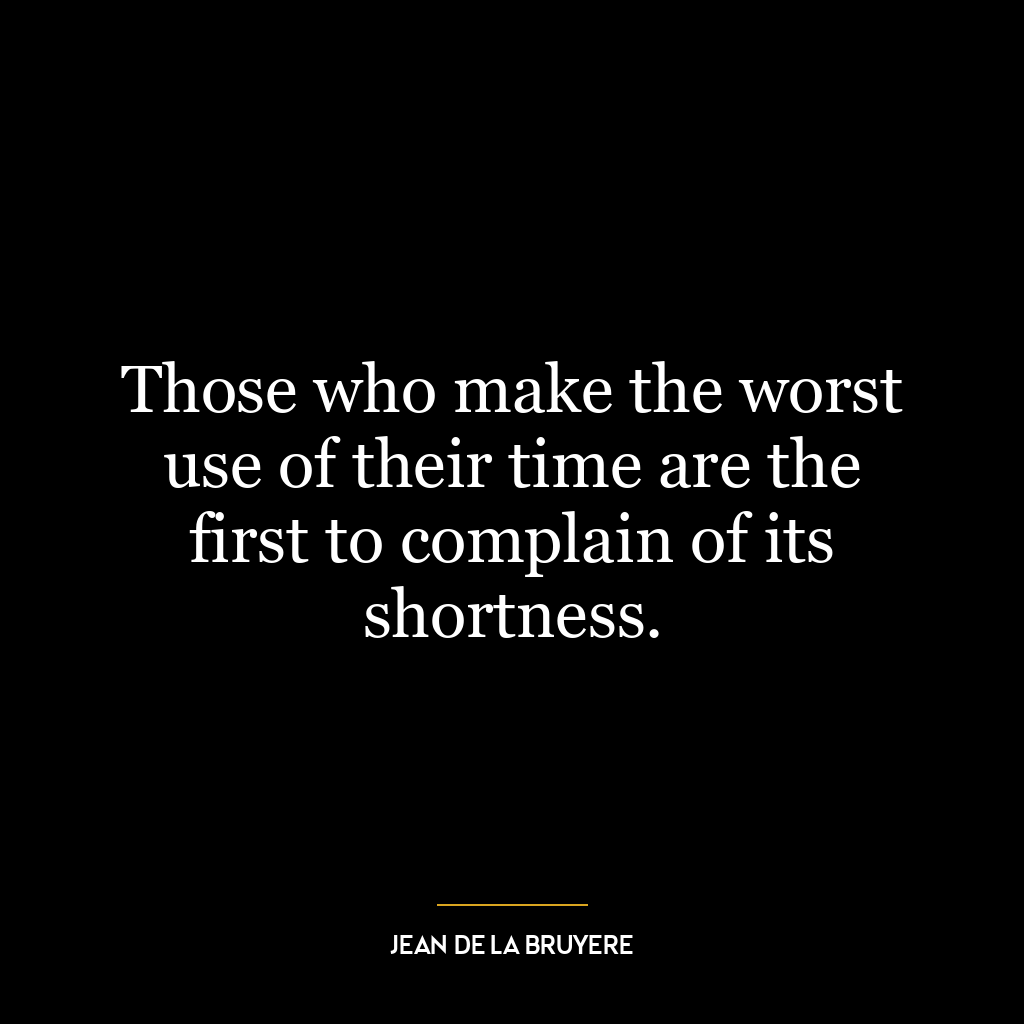A snooze button is a poor substitute for no alarm clock at all.
This quote is a metaphorical way of saying that the best solution to a problem is often the most direct one. In the context of an alarm clock, hitting the snooze button is merely a temporary solution to the problem of not wanting to wake up. It doesn’t solve the issue, it only delays it. The true solution, according to the quote, would be to not have an alarm clock at all. This could be interpreted as either waking up naturally without an alarm or adjusting one’s lifestyle so that an alarm isn’t necessary.
In a broader sense, this quote is about confronting issues head-on instead of avoiding them or seeking temporary solutions. Often, we choose to hit the ‘snooze button’ in life, delaying our problems instead of addressing them. This could be anything from putting off an important task to avoiding a difficult conversation. However, just like with the alarm clock, these issues will continue to resurface until we deal with them directly.
Applying this idea to personal development, it encourages us to stop avoiding or delaying the challenges we face. Instead, we should confront these challenges directly, as this is the only way we can truly overcome them. Whether it’s a bad habit we need to break, a skill we need to learn, or a relationship we need to mend, hitting the ‘snooze button’ will only prolong the issue.
In today’s world, this quote can be applied in various contexts. For instance, in the context of climate change, hitting the ‘snooze button’ might mean implementing short-term solutions that don’t address the root cause of the problem. The ‘no alarm clock’ solution would involve making substantial changes to our lifestyle and economy to reduce our impact on the environment.
Similarly, in the context of social issues, hitting the ‘snooze button’ could mean ignoring the problem or making superficial changes, while the ‘no alarm clock’ solution would involve addressing the underlying causes of these issues.
In conclusion, the quote is a reminder that we should strive for real, lasting solutions rather than temporary fixes. It encourages us to confront issues directly, whether they’re personal challenges or societal problems, and to make meaningful changes rather than delaying the inevitable.









